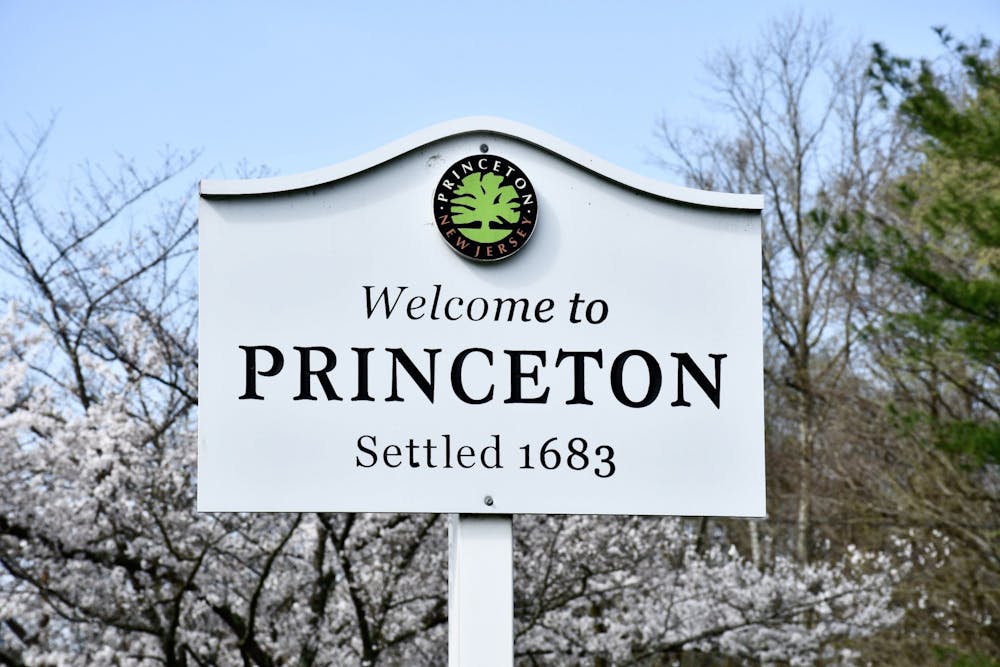Princeton residents have proposed the establishment of a new community center to provide services to “vulnerable Princetonians, whose ages span from infant to senior,” including grade school tutoring, a community garden, and emergency housing support services.
A recently circulated letter proposing the creation of the Princeton Community Center (PCC) garnered over 200 signatures in less than 24 hours, including from many University students. The group suggests building the center on the location of the old Princeton Fire and Rescue Squad and two adjoining homes, according to the letter would “require very little repurposing of existing structures, allowing the center to start operating within a short period of time, until a more permanent and larger location is built.”
“We have a lot of people who are struggling in our town,” said Veronica Olivares-Weber, Chair of the Human Services Commission, on behalf of herself and not the Commission.
Olivares-Weber, a 14-year advocate for Princeton’s vulnerable population, sent the proposal to the Mayor and Council Members on March 22, requesting it be added to their meeting’s agenda.
At that point, the proposal was signed by 173 individuals who identified themselves as “an interfaith coalition of Princeton residents who have long been involved in supporting vulnerable neighbors and frustrated by the patchwork of services that do not sufficiently address the real needs in our community.”
The proposal also urged the Council to reserve the necessary properties for the Community Center.
“This hub would become the home for Human Services and Health Departments, and Cornerhouse, with a dedicated staff, social workers and community educators, open during convenient hours, including evenings and weekends, and would be a welcoming, multicultural place for all Princeton residents,” the letter stated.
A previous 1996 Princeton Community Master Plan had acknowledged that “a community center, in one or more facilities, for our senior citizens, young people and the community at large” was a “pressing community need.” Though this plan was adopted by the municipality of Princeton and provides an overview of what should be prioritized in the community, it has not been updated since 2006.
María Juega, a freelance Spanish court interpreter and community activist, said the coronavirus has exacerbated the need for the center.
“The pandemic has uncovered and aggravated the huge disparities in our community,” Juega said. “If there’s ever a time to justify putting this on the front burner, it’s now.”
Juega hopes for “an official task-force convened by the municipality to make this happen.”
Valeria Torres-Olivares ’22, Olivares-Weber’s daughter, hopes the University will provide resources for the proposed center.

“Through funding and through volunteers, Princeton would have the manpower and financial backing to make this space reach as many people as possible,” Torres-Olivares said. “As students at the University having access to so many resources, we should be working on also expanding those resources to the rest of the community.”








